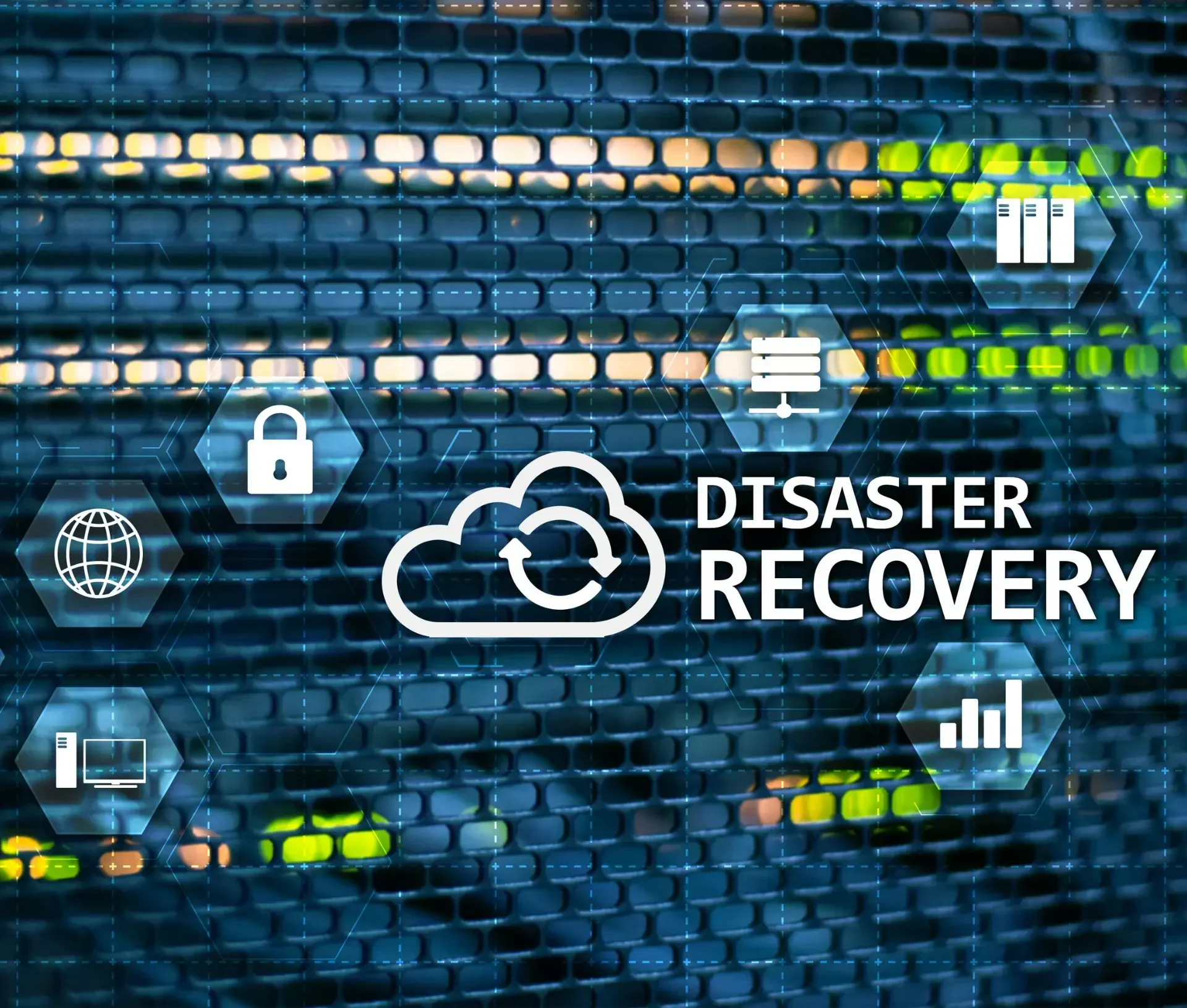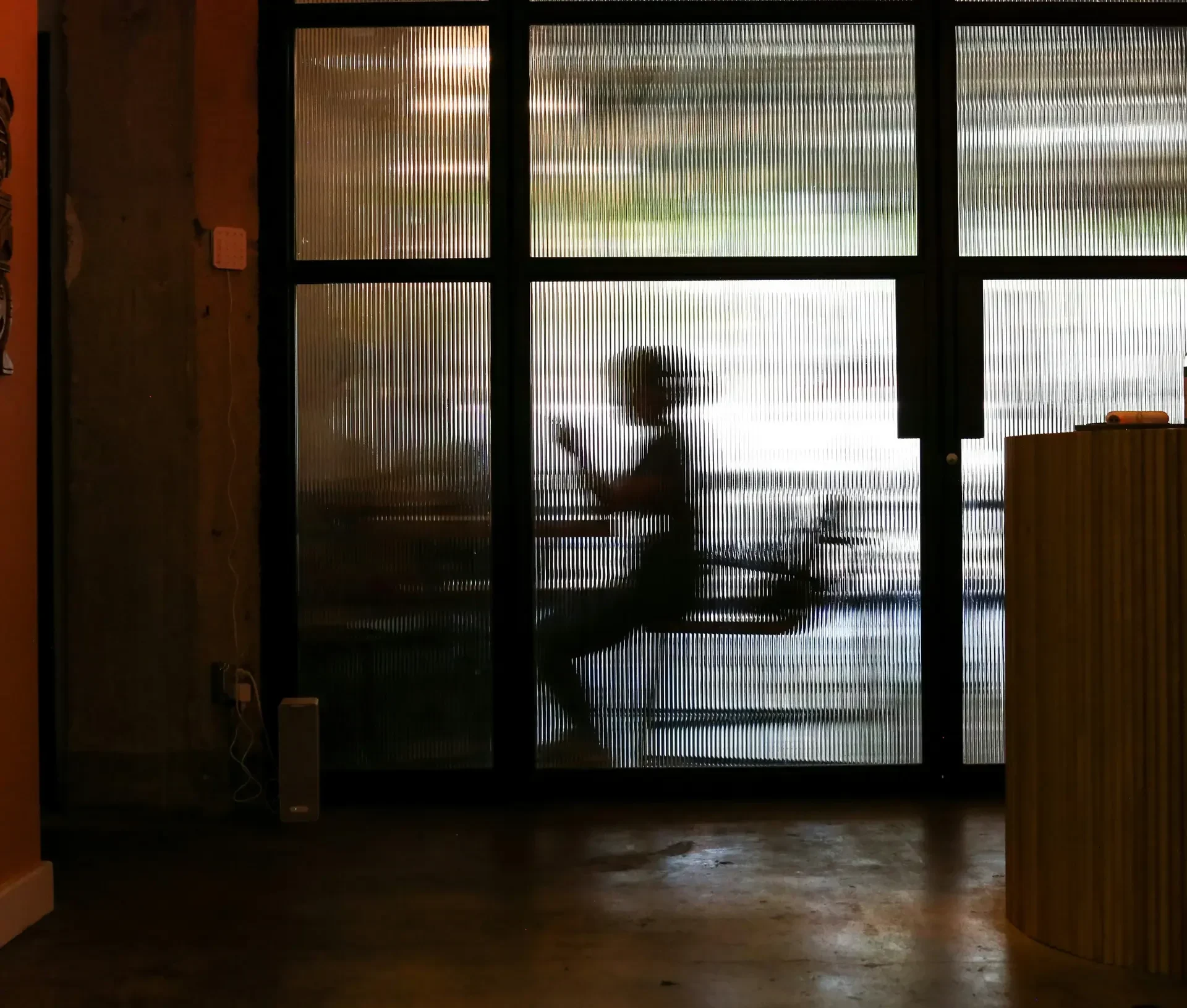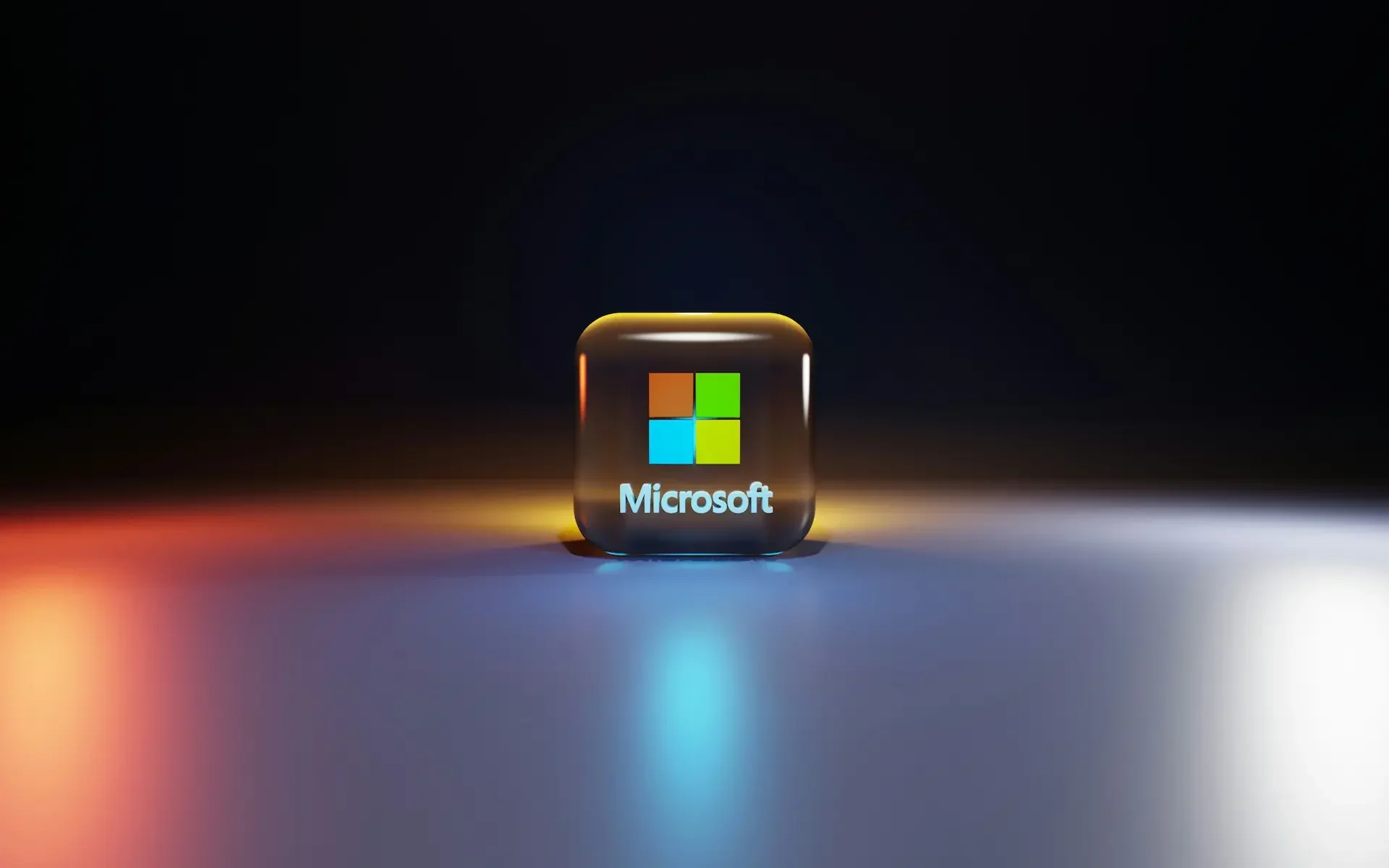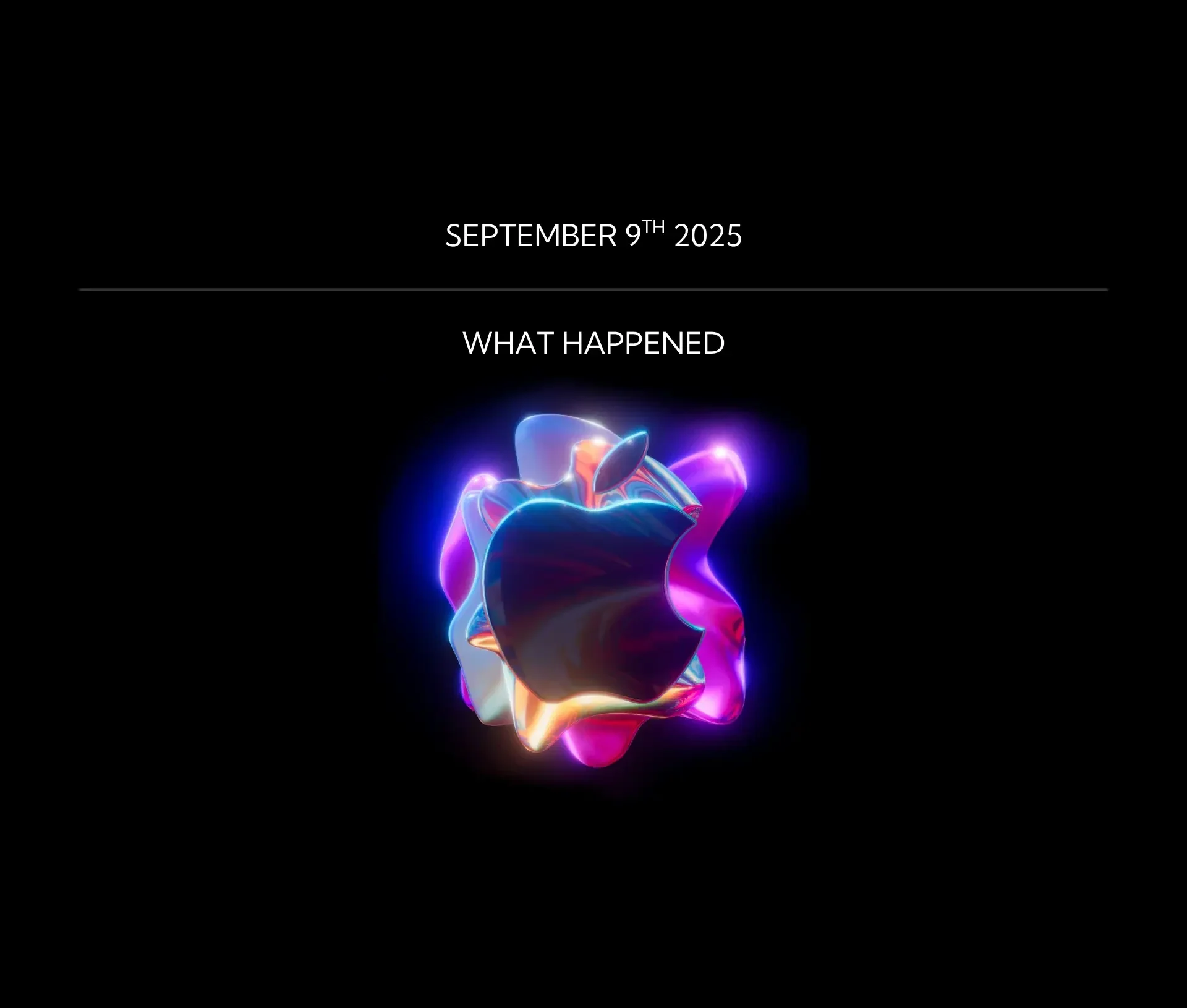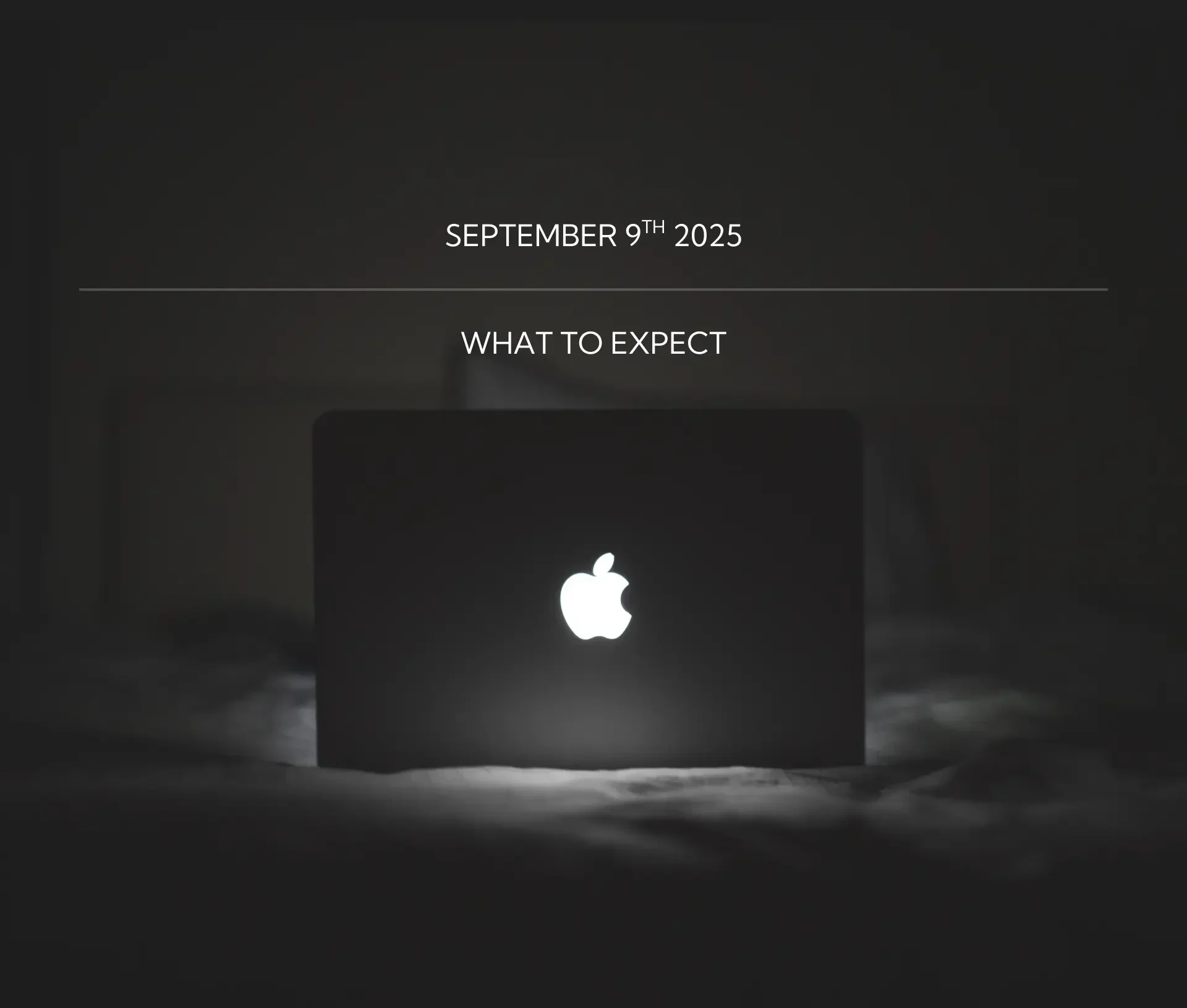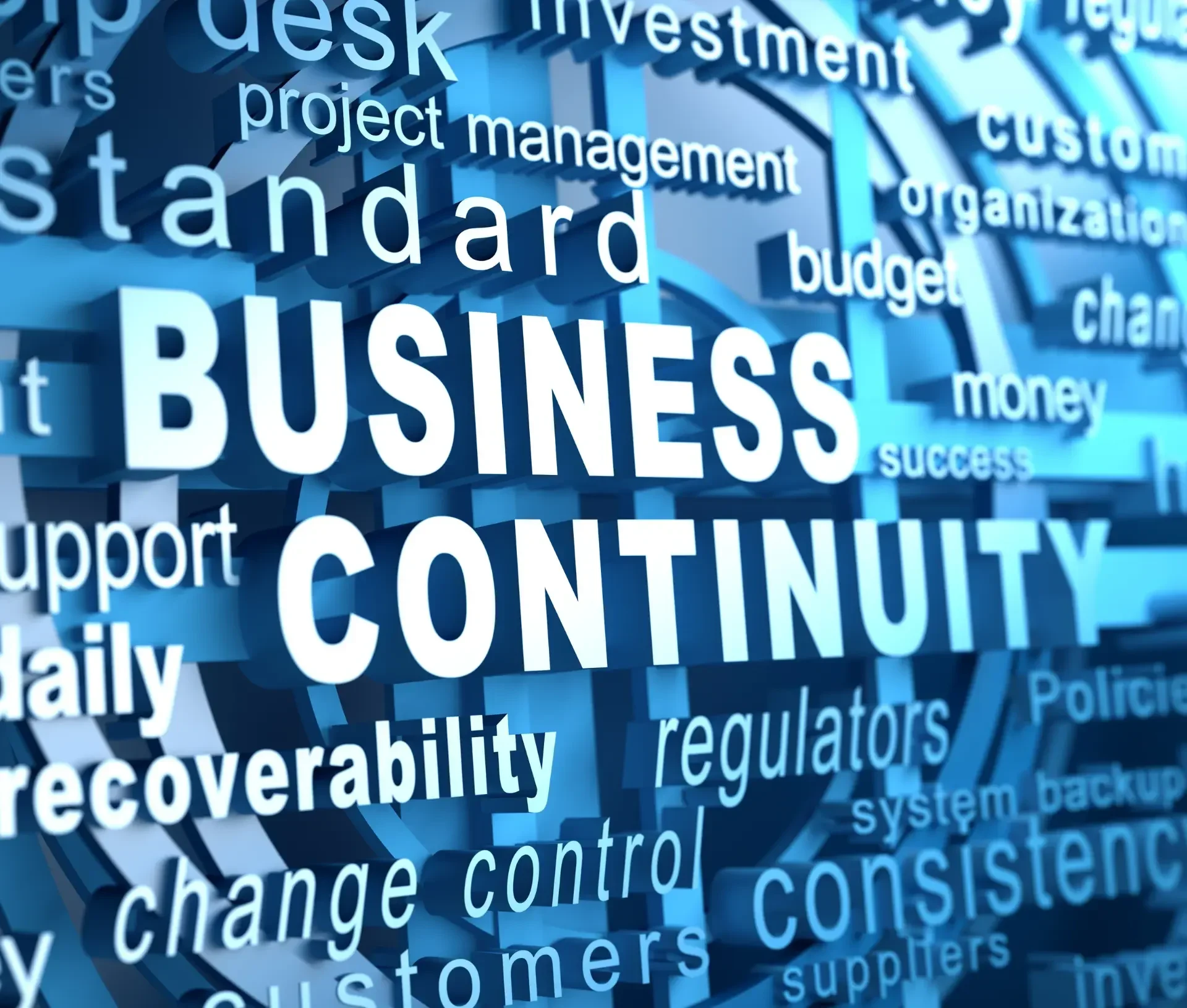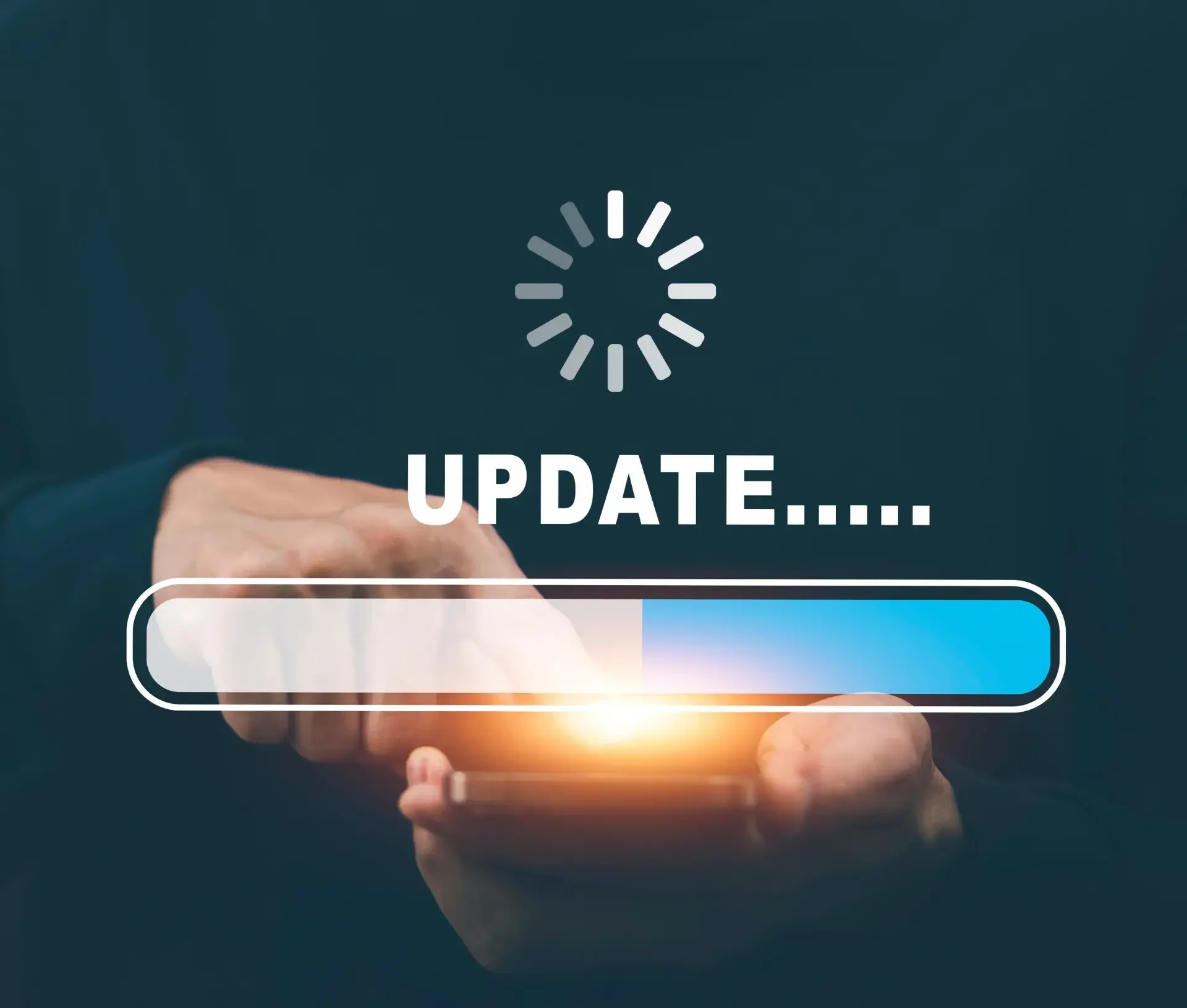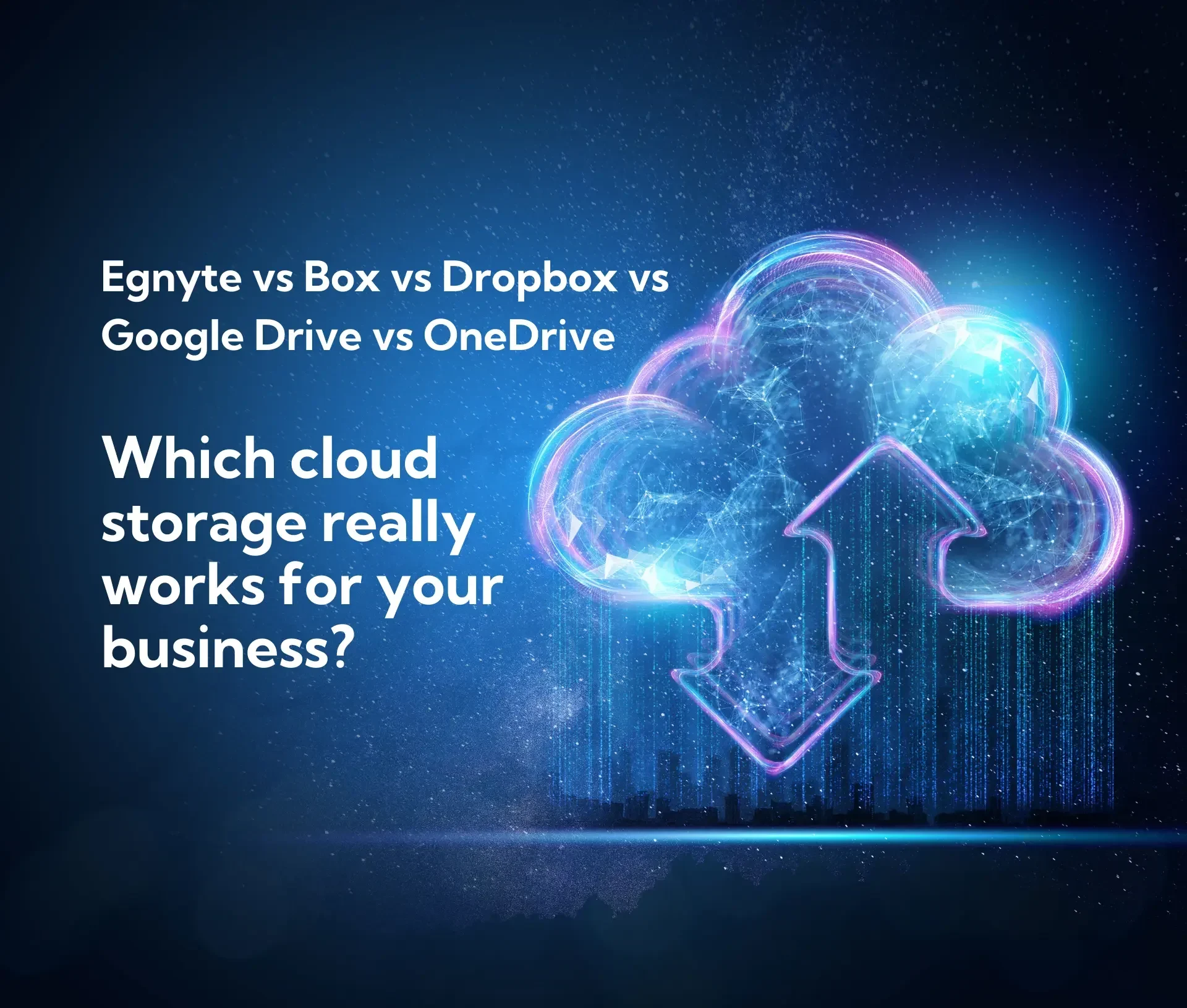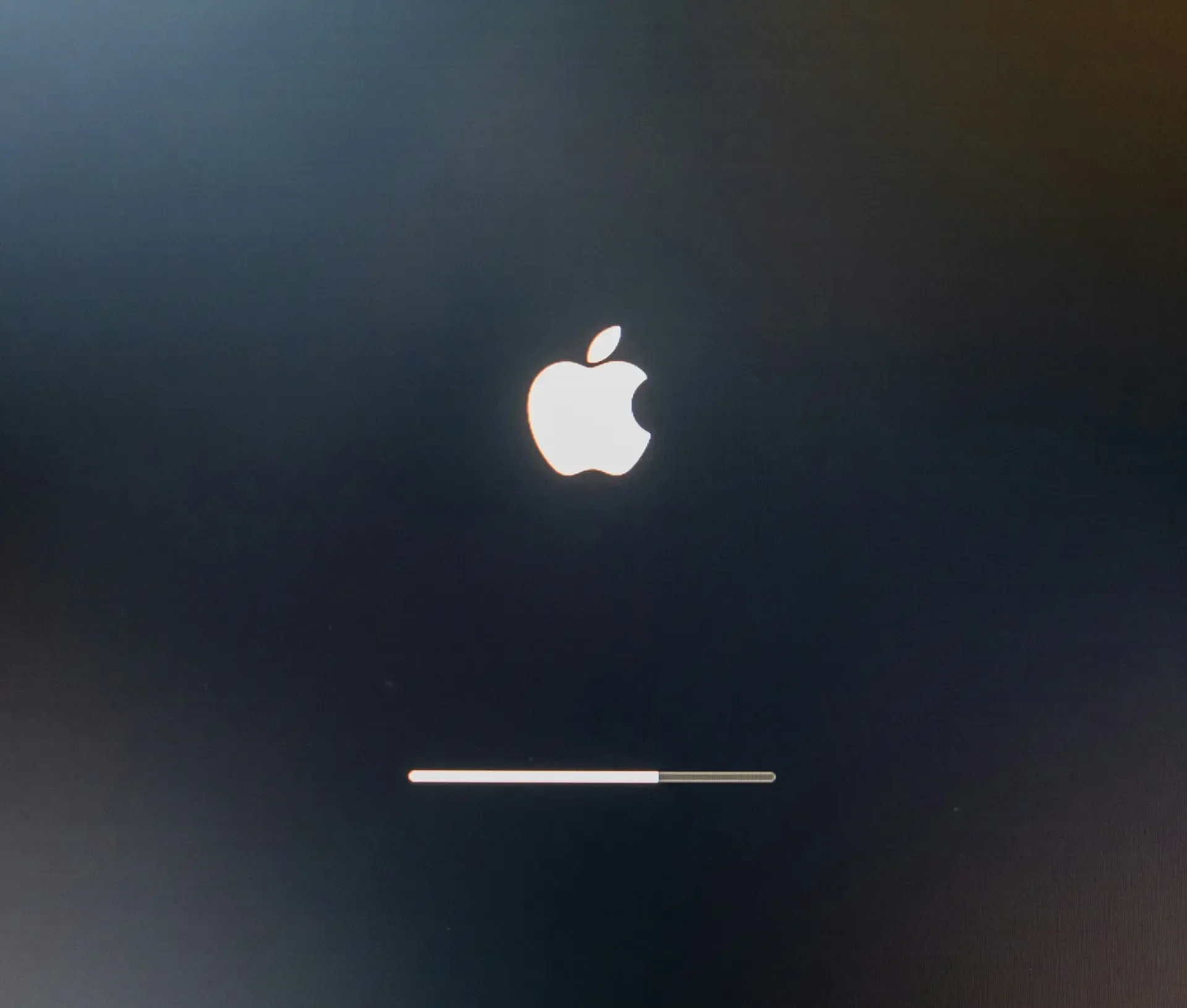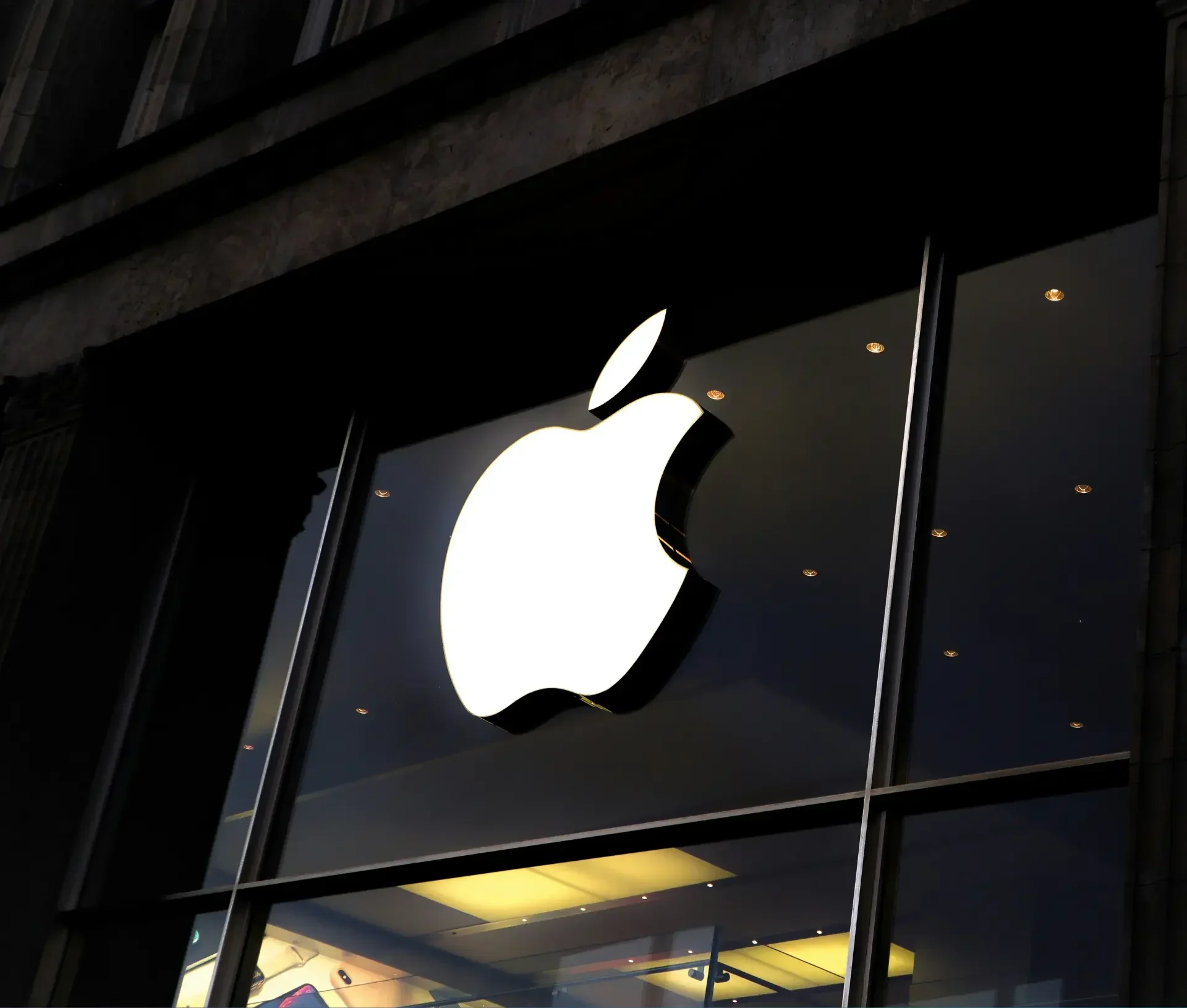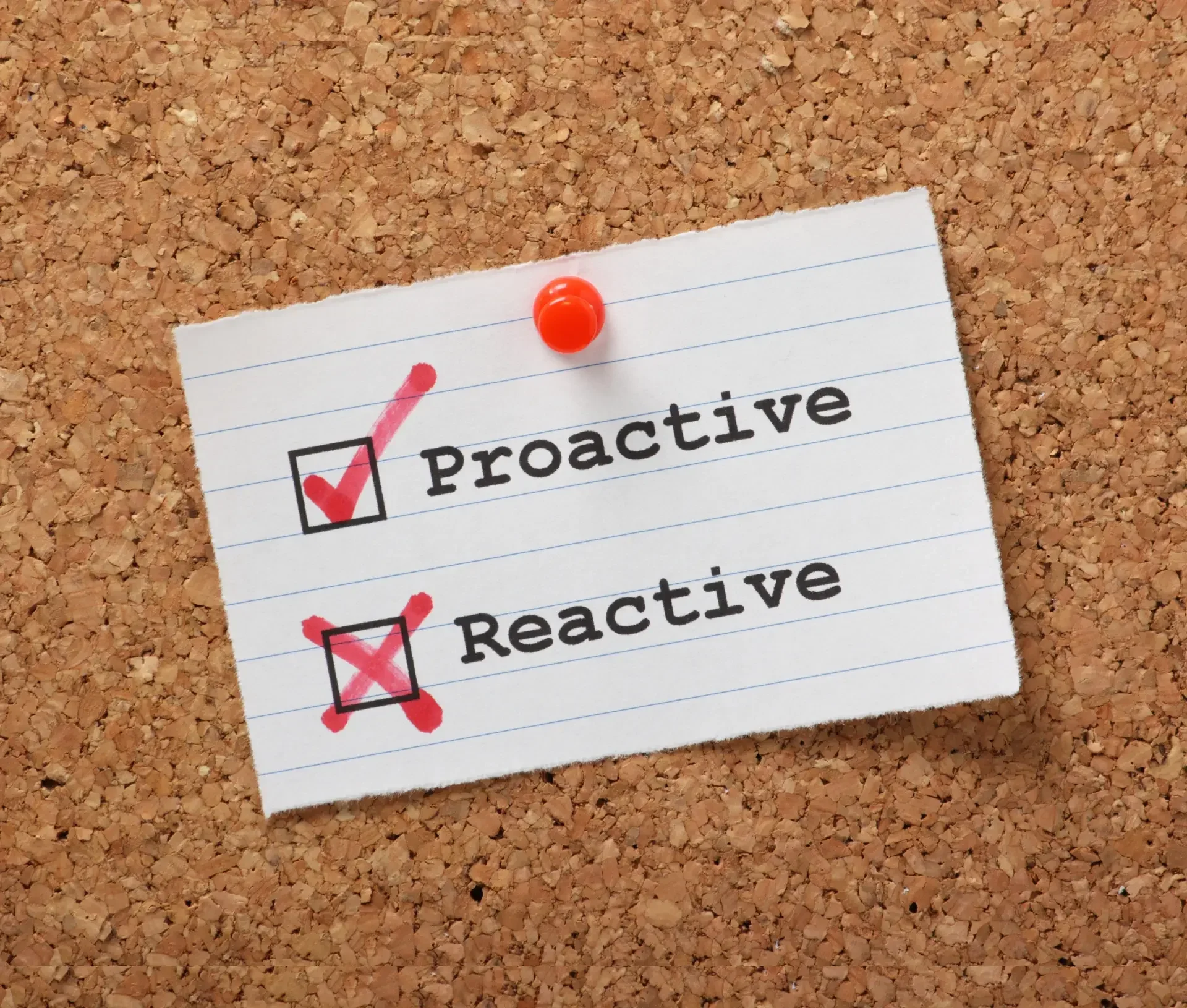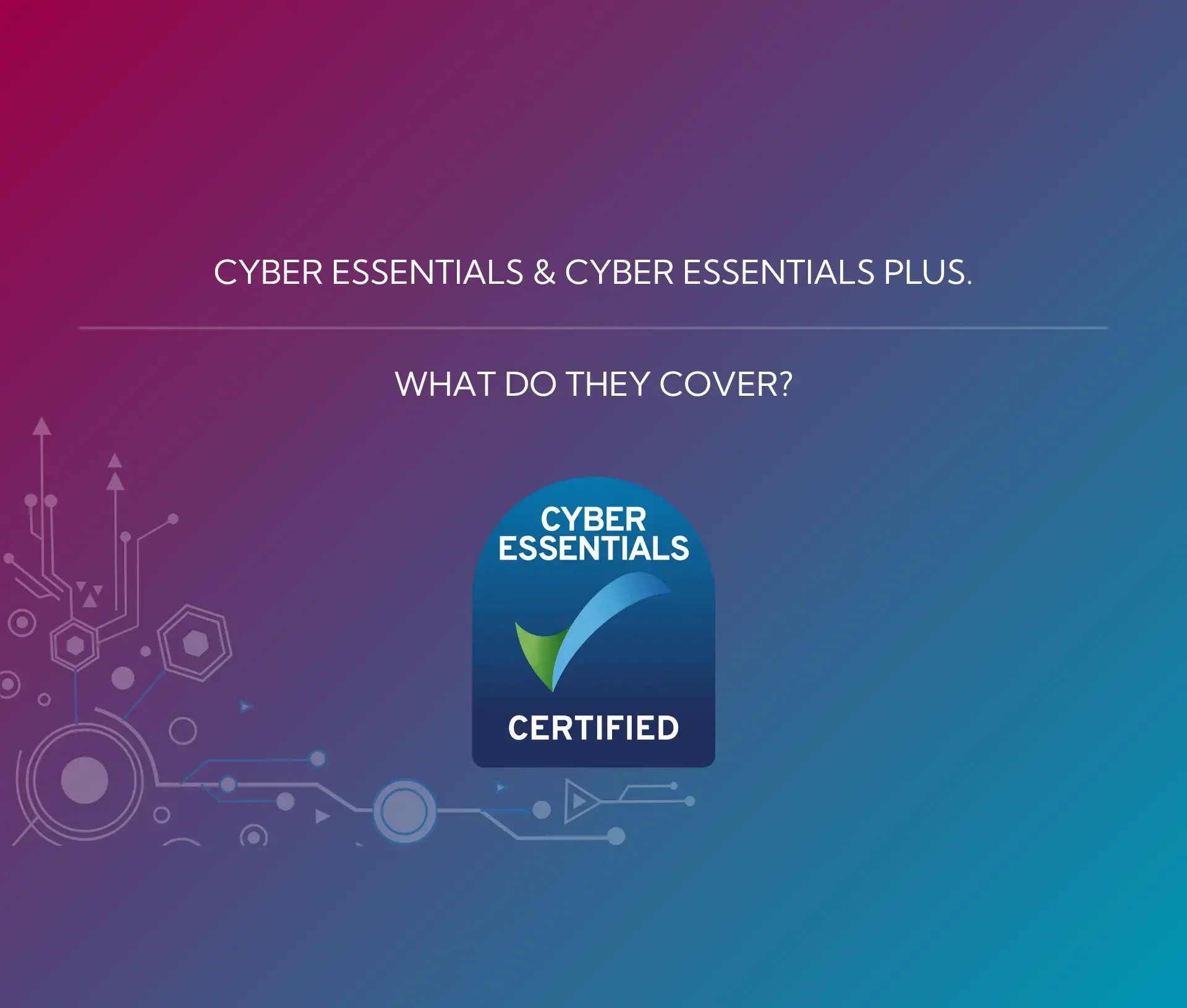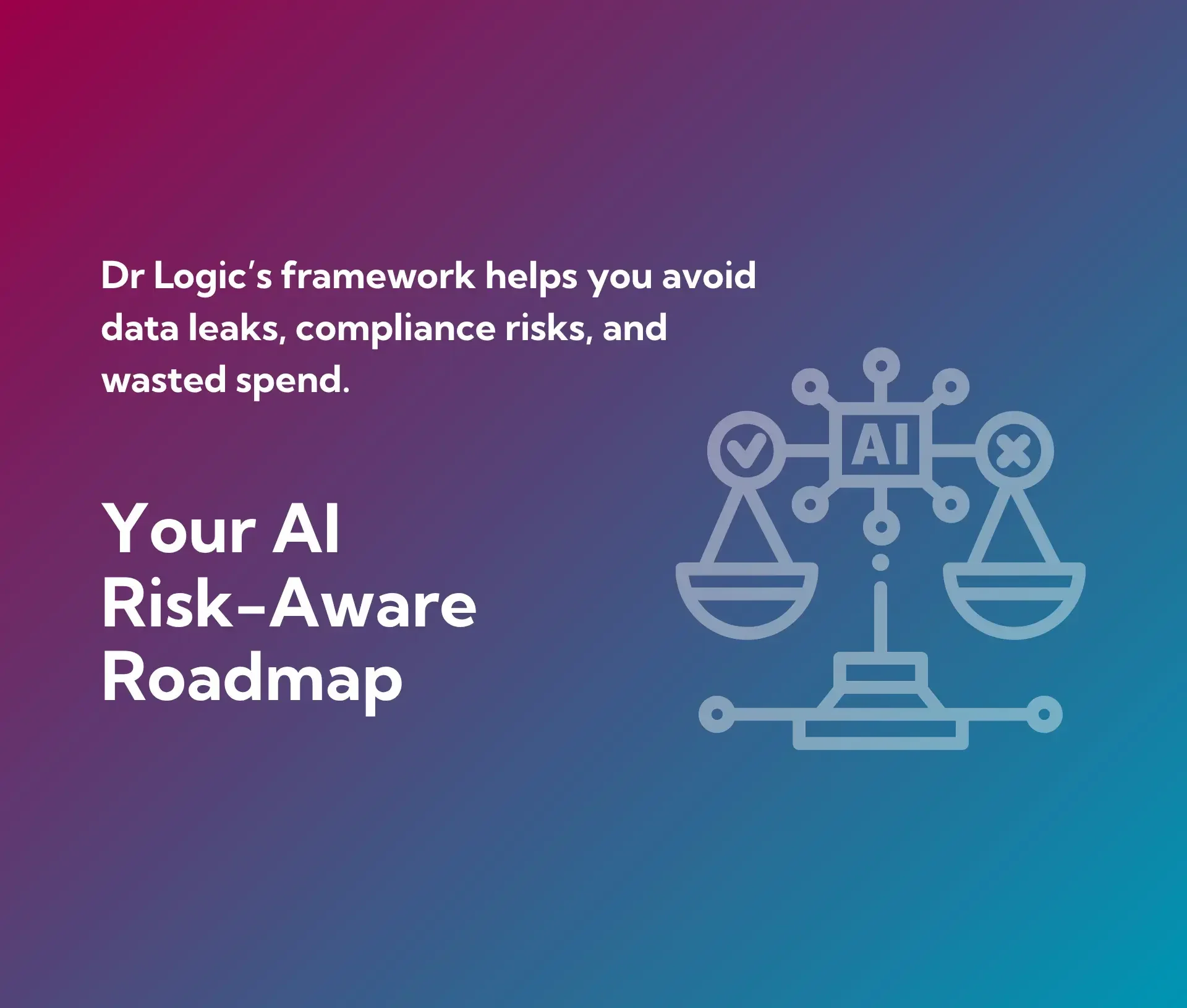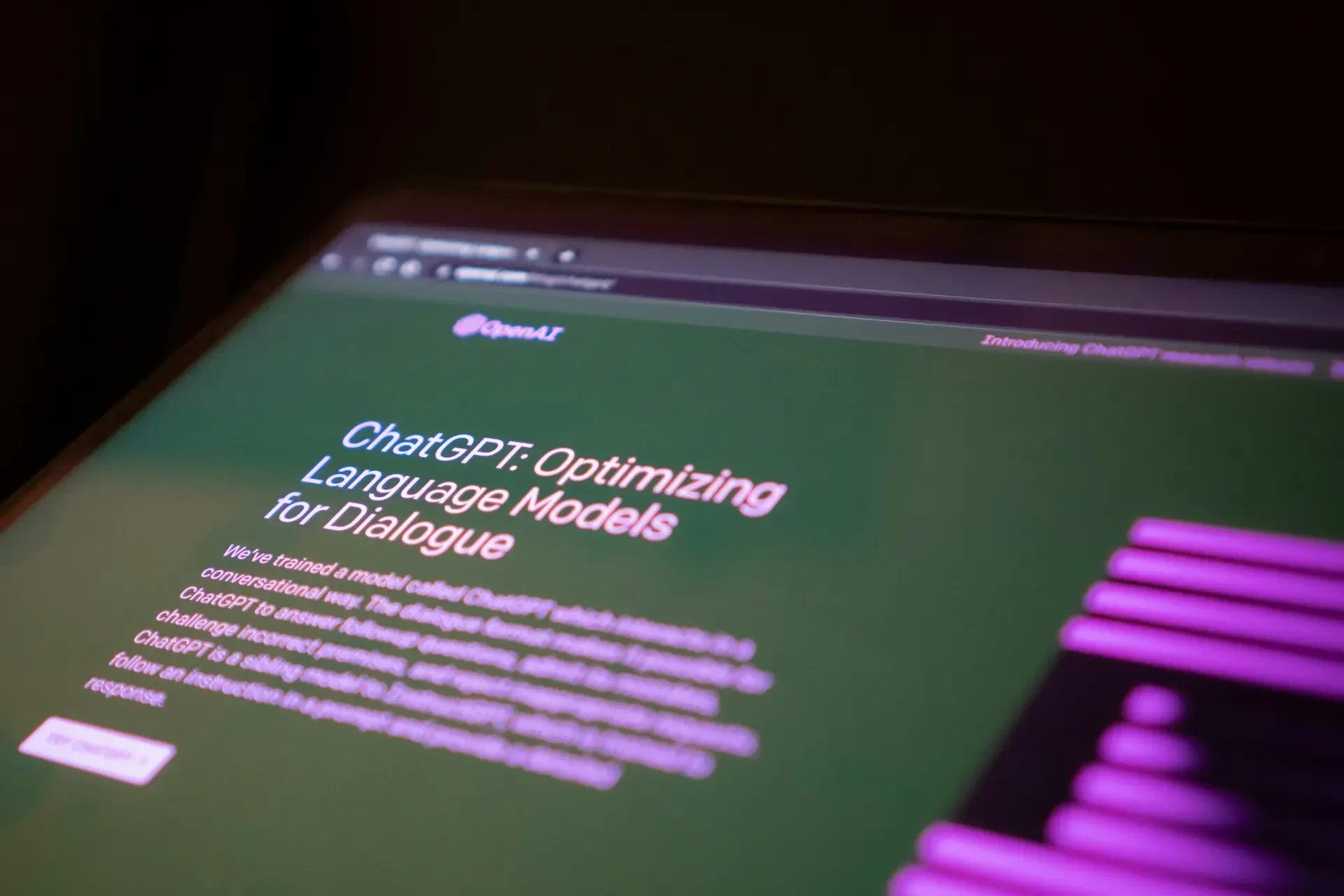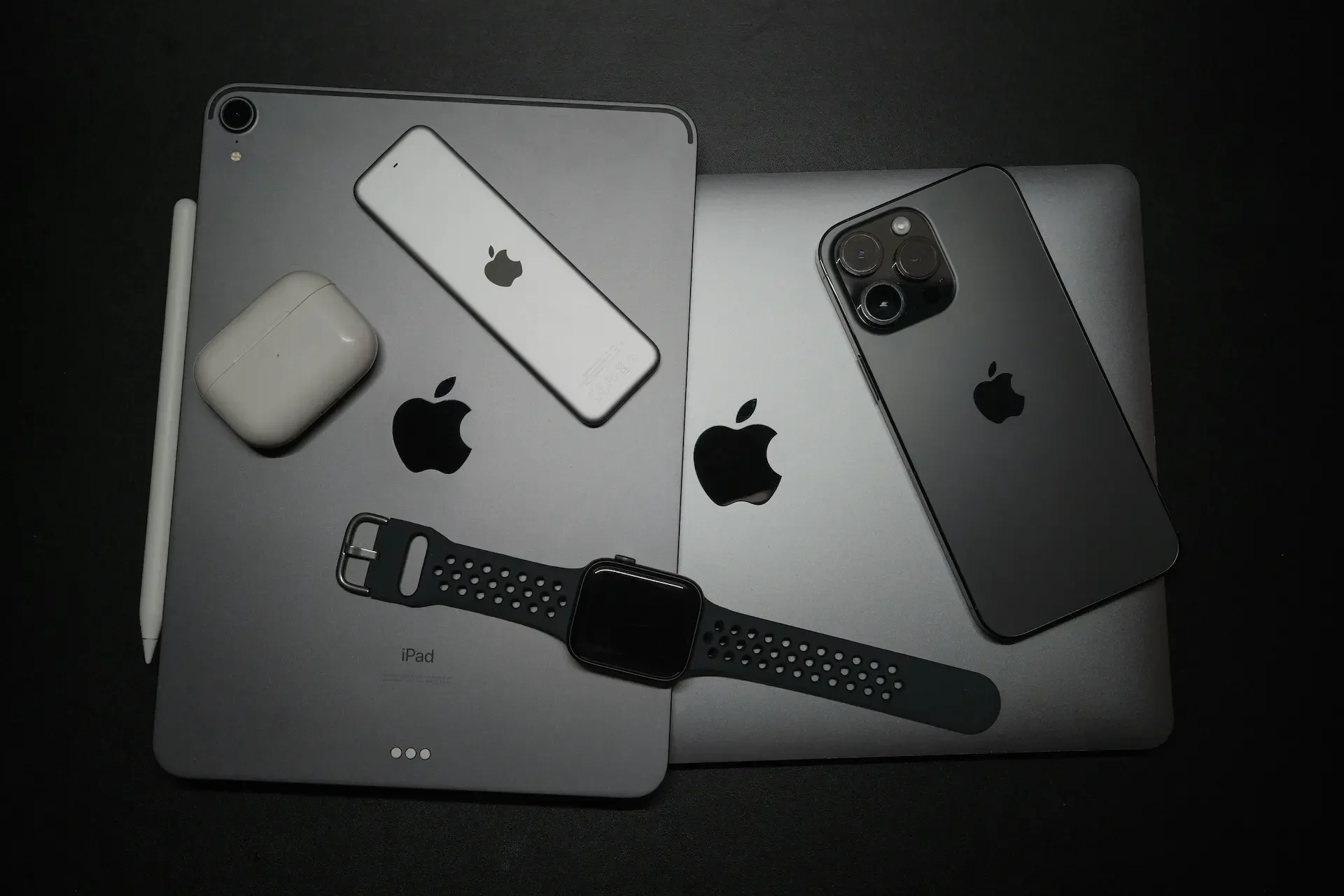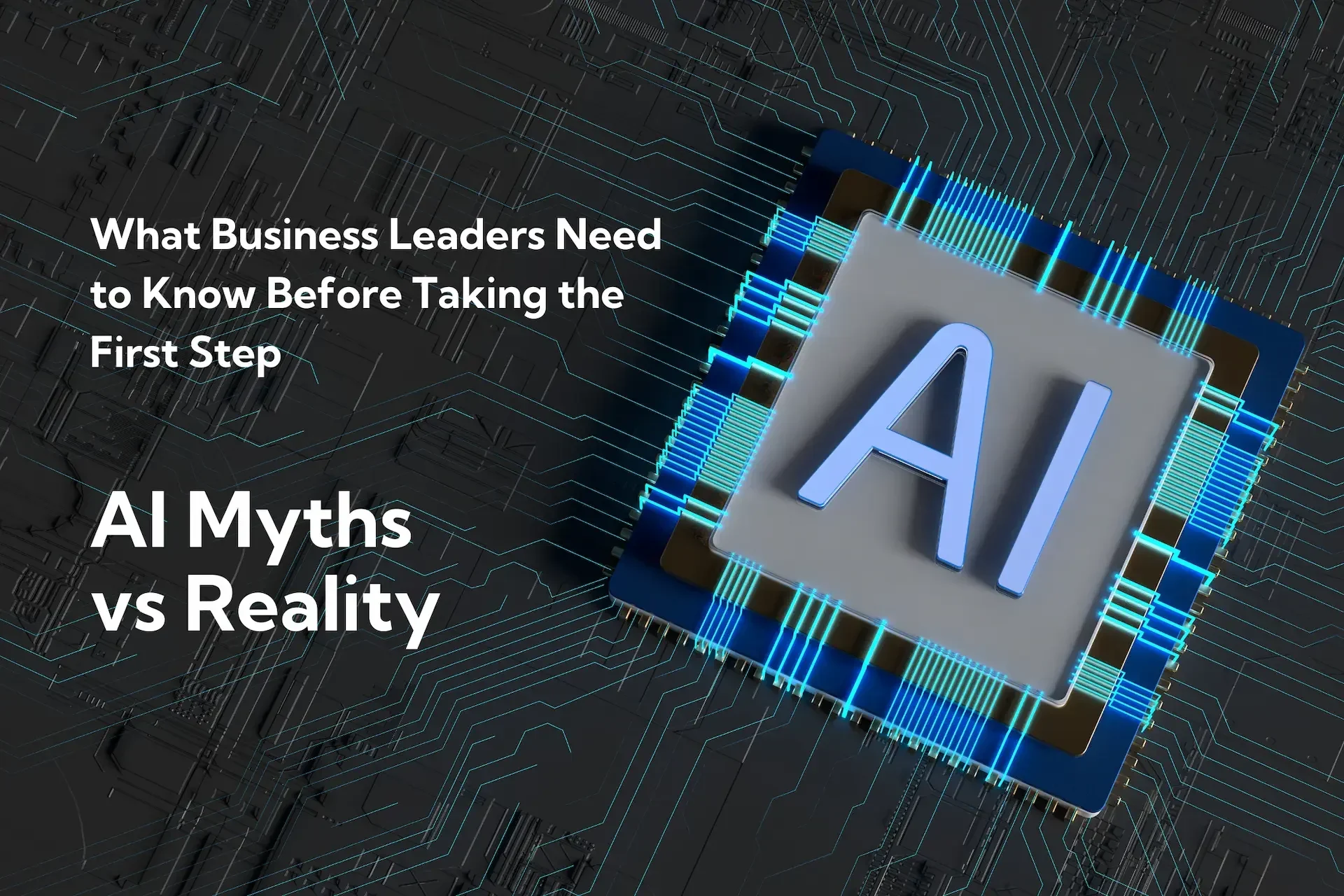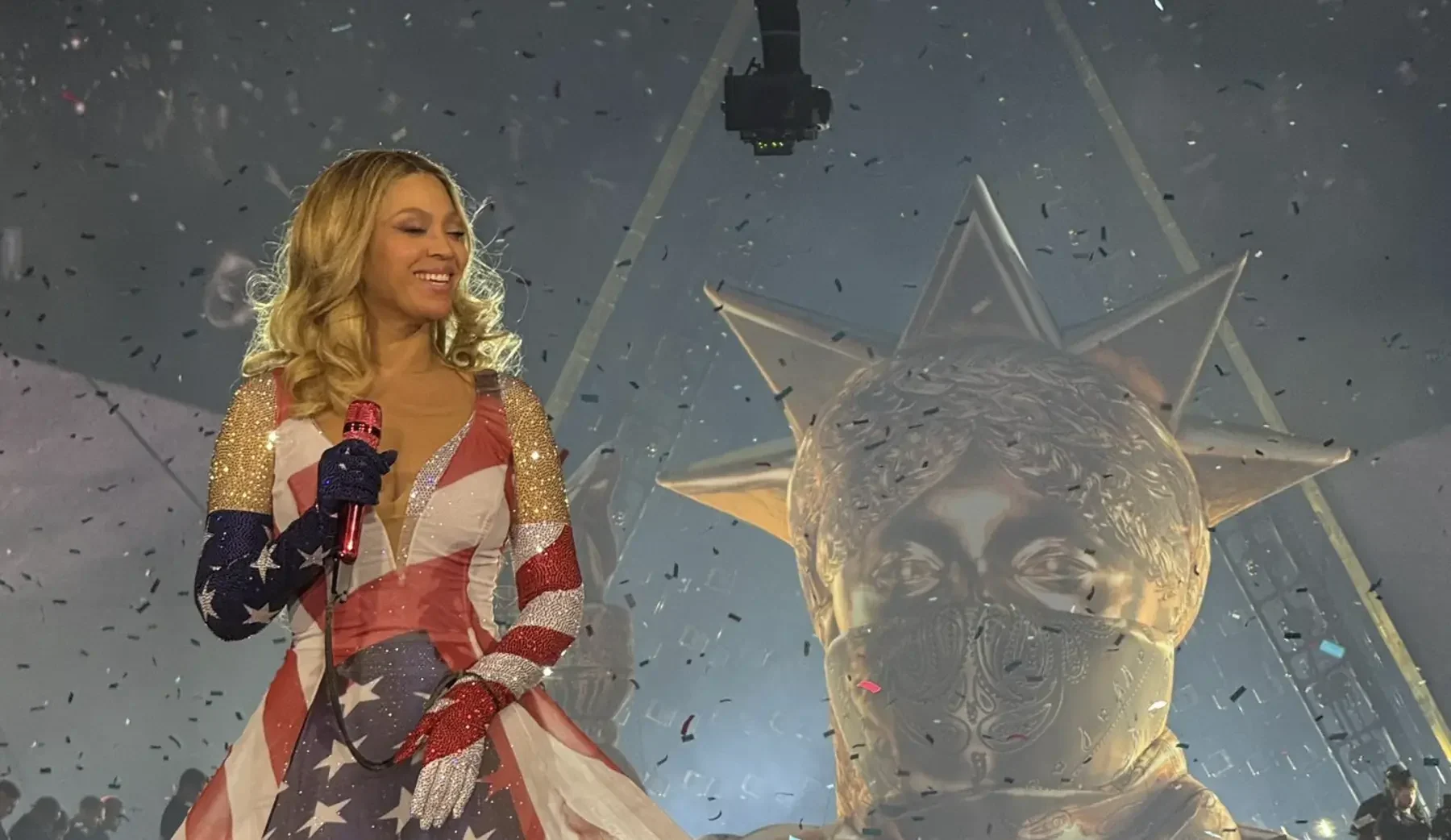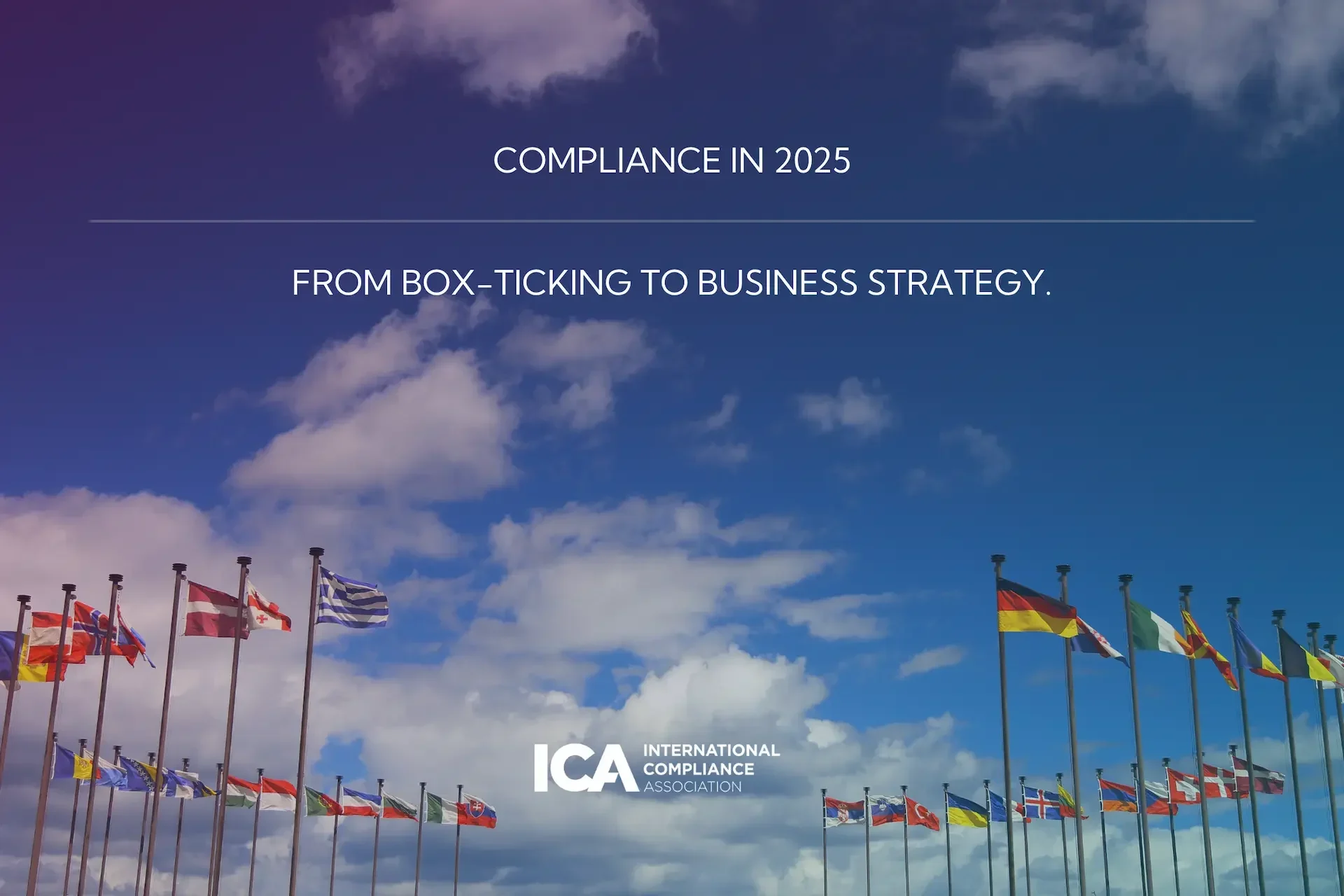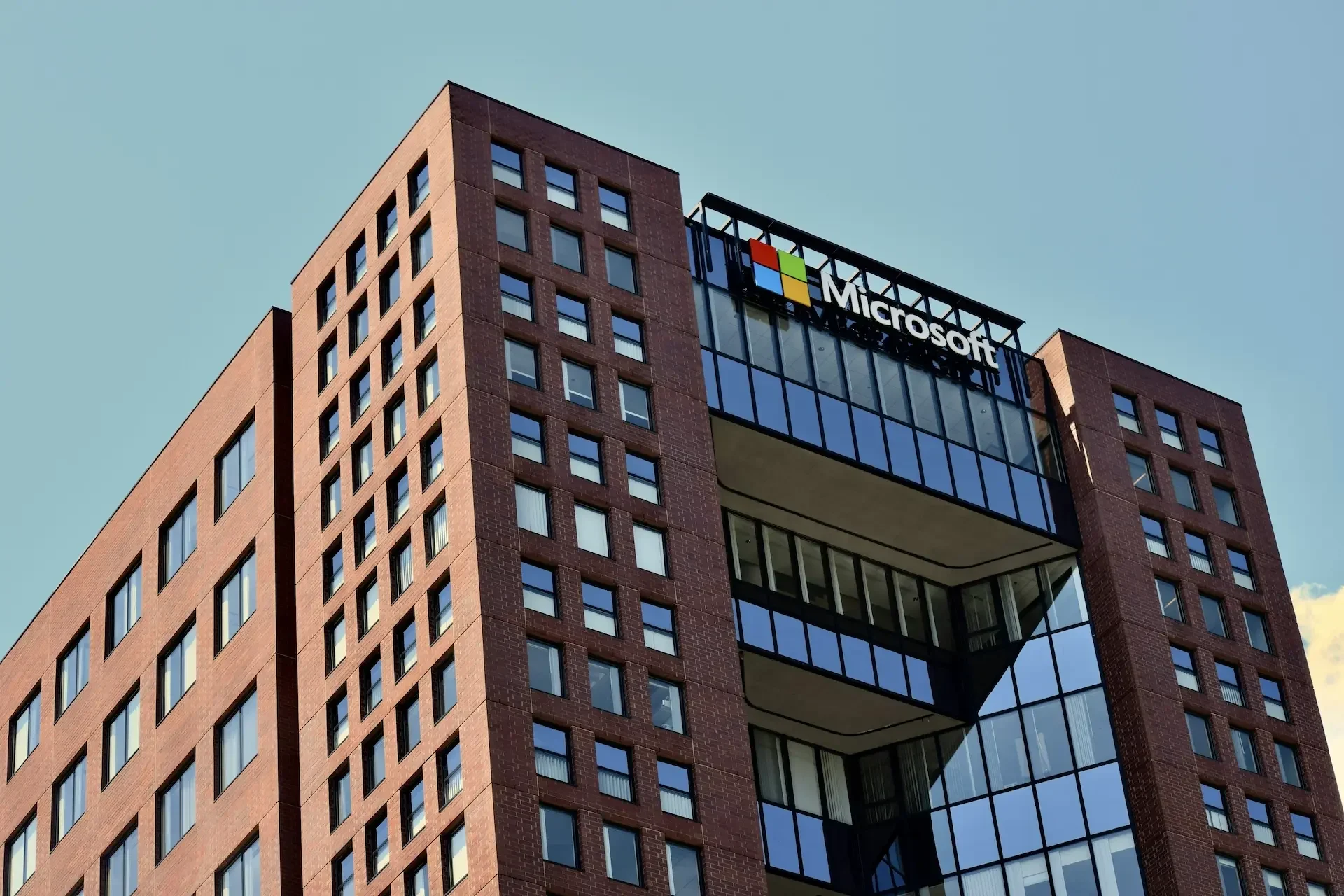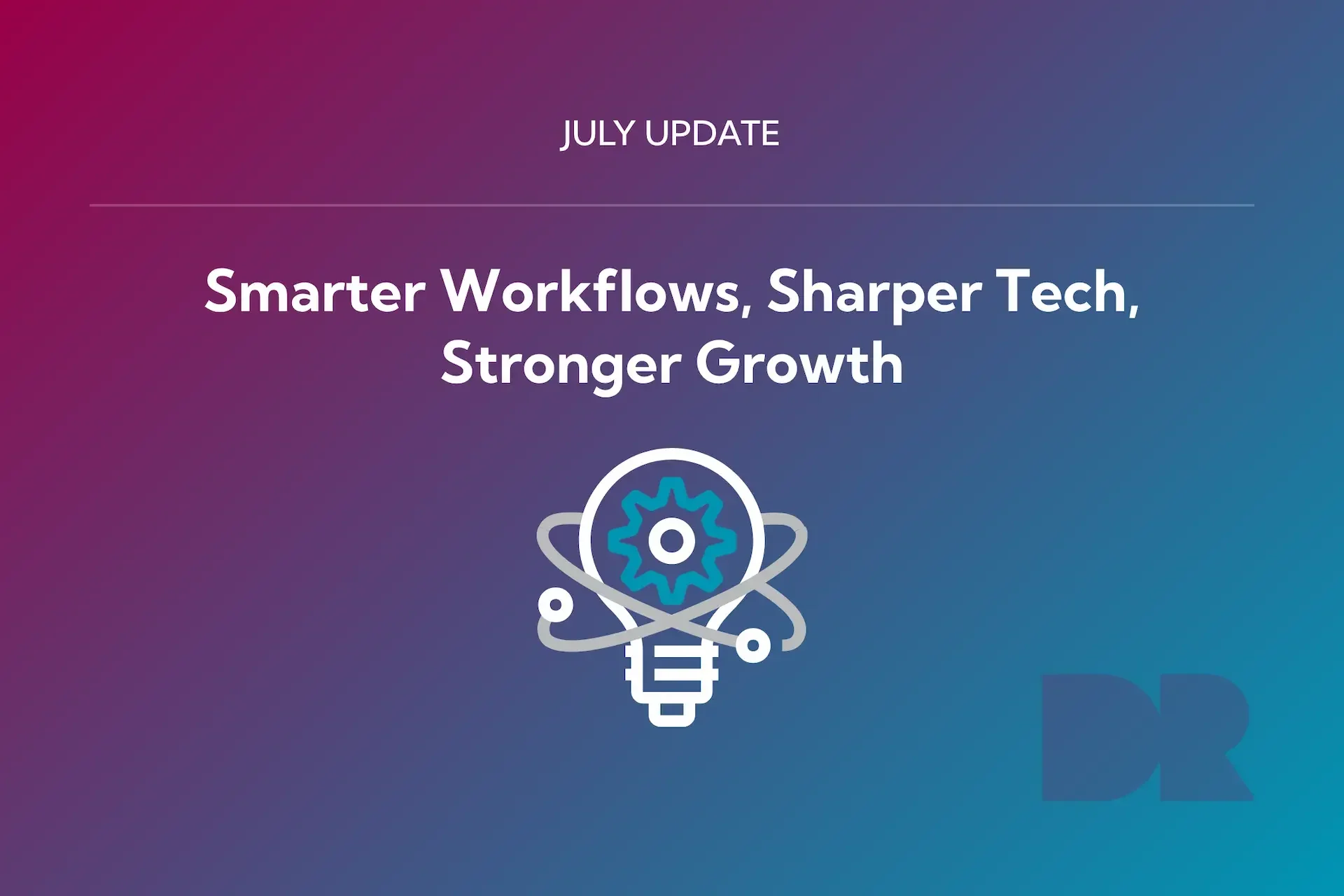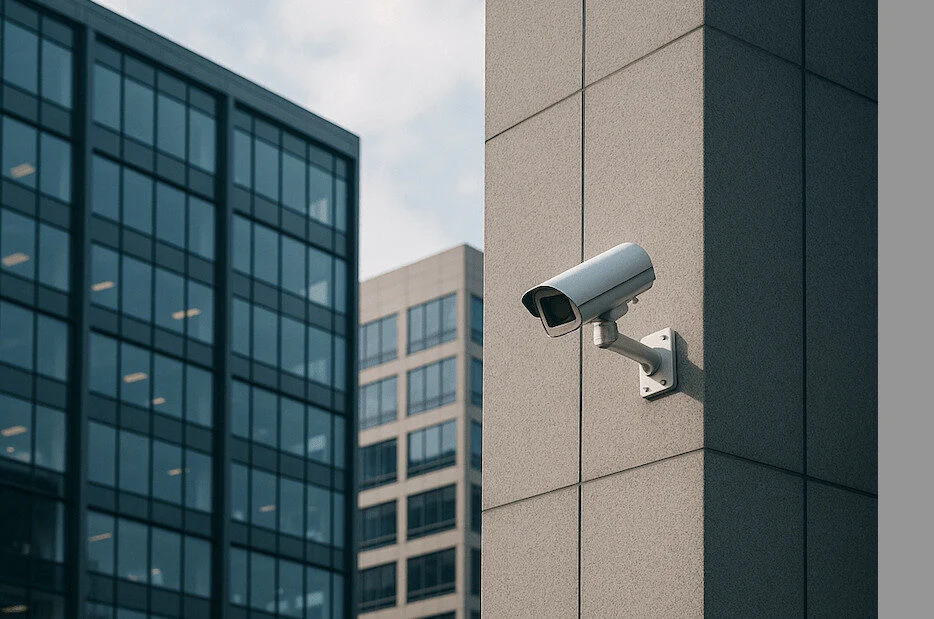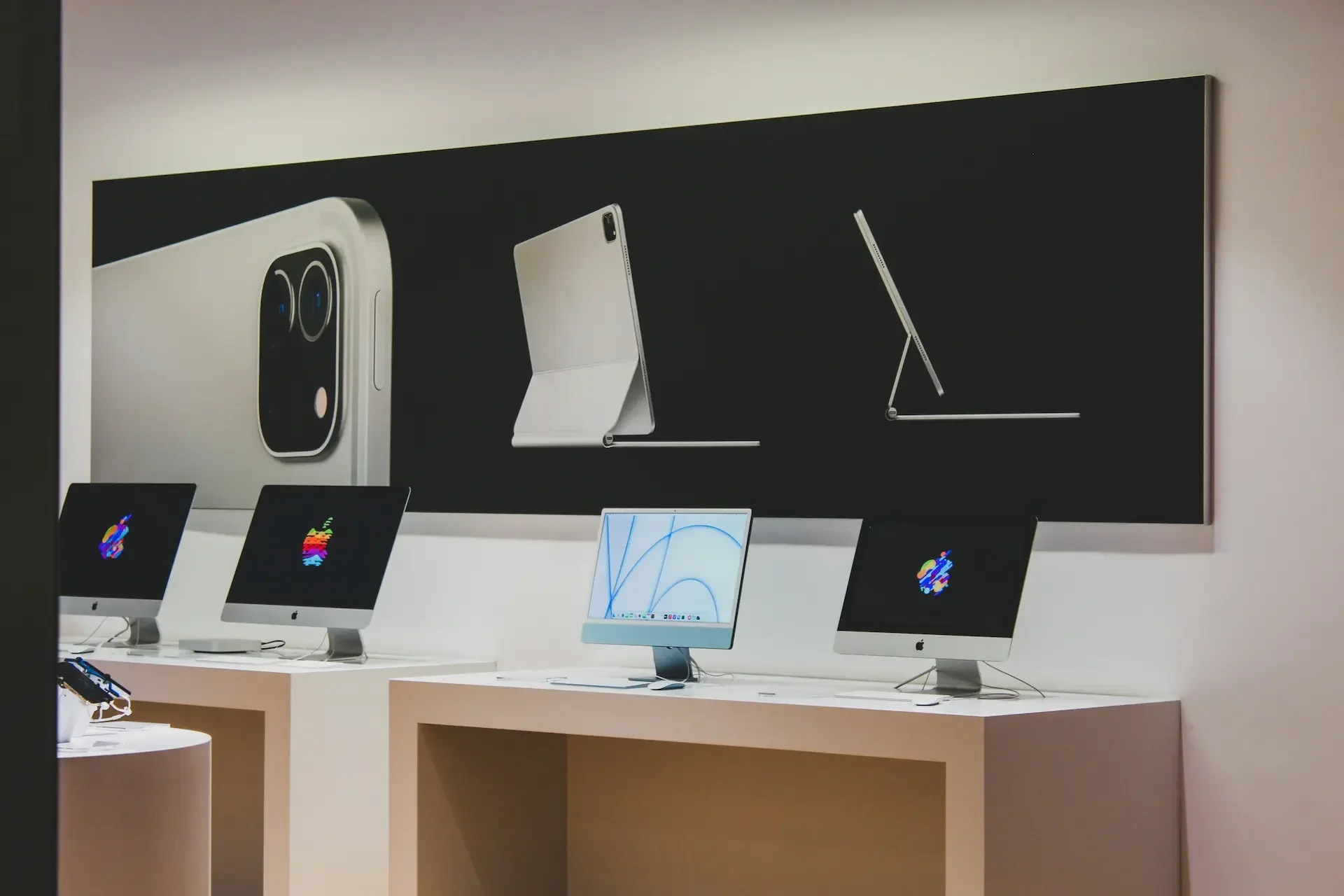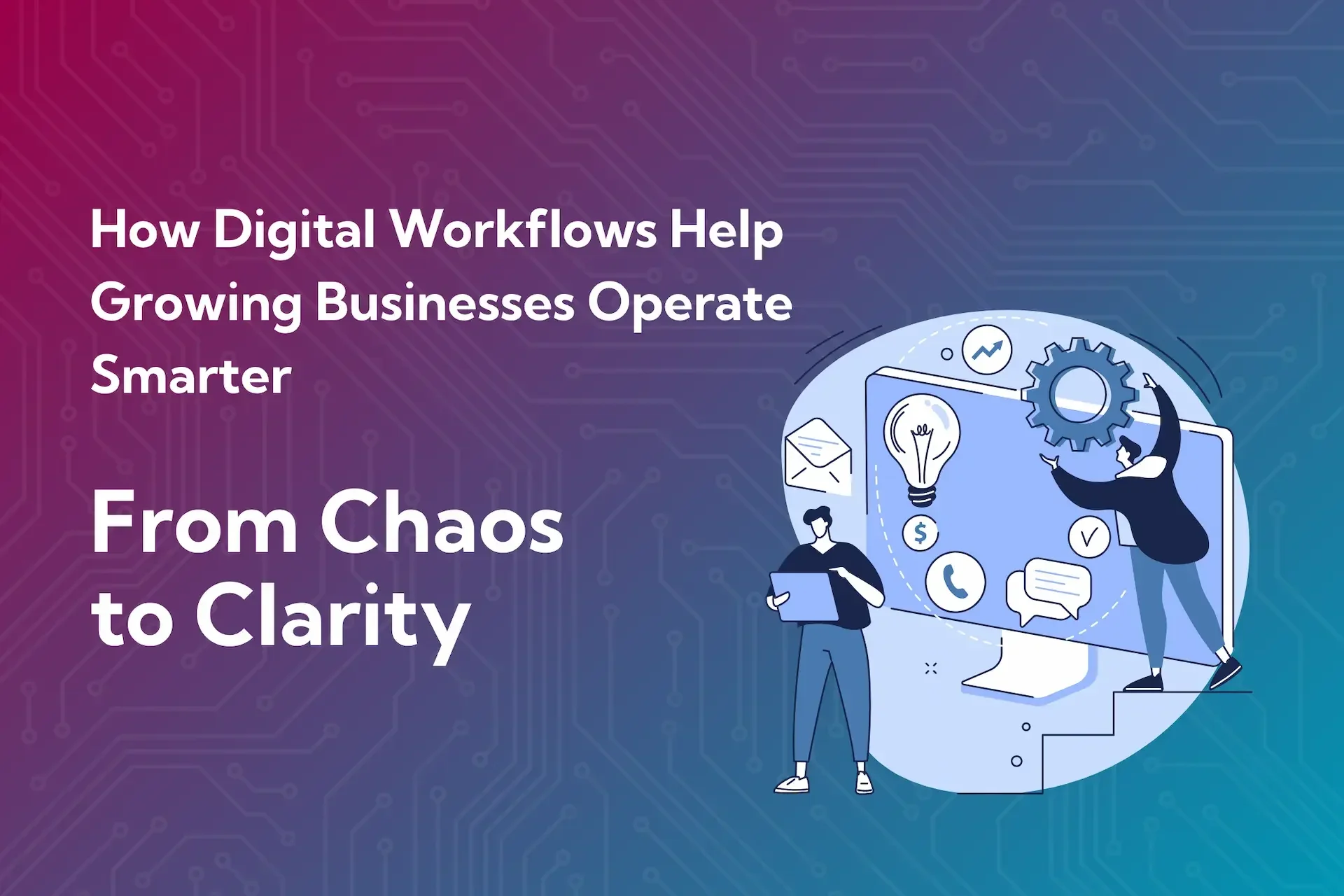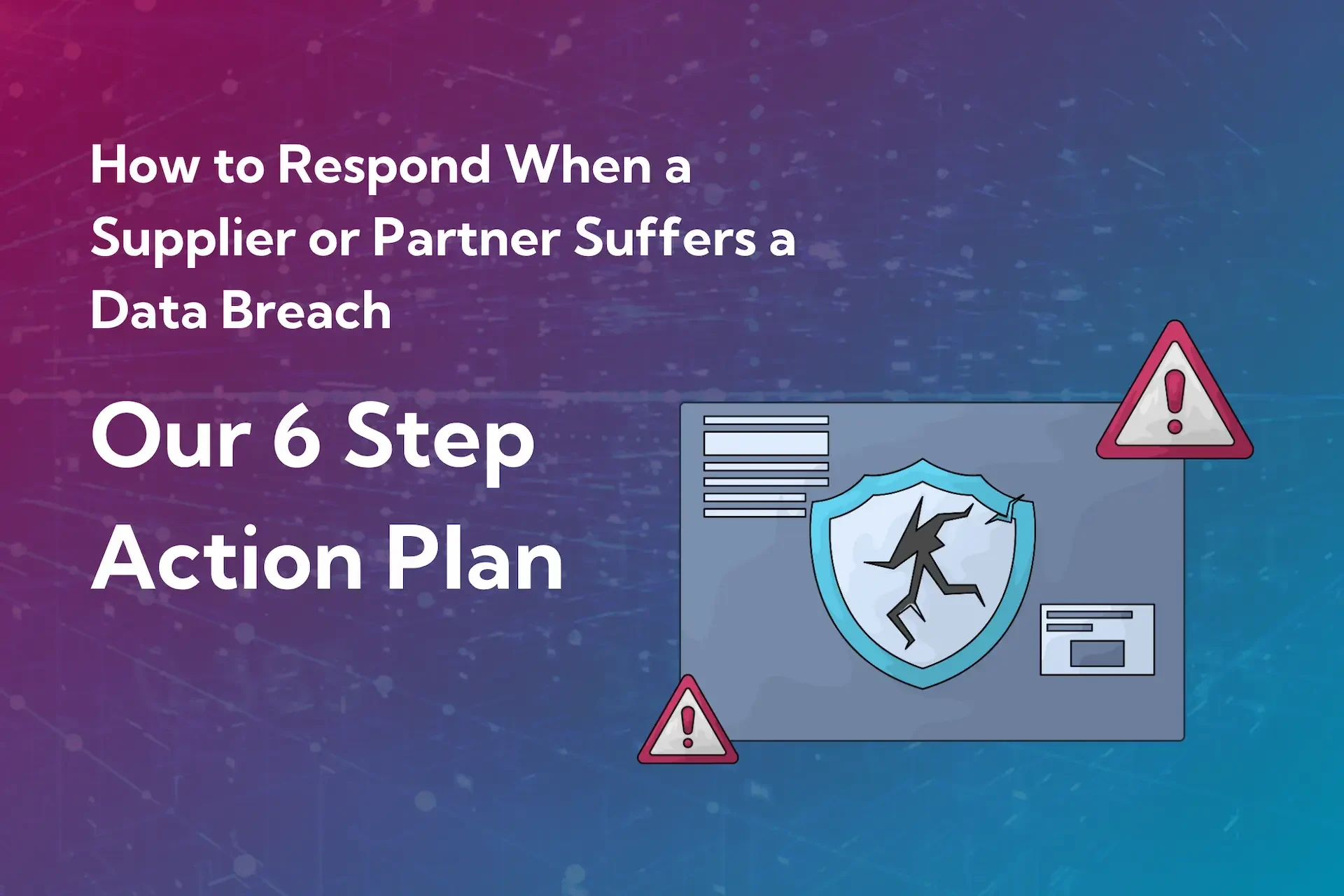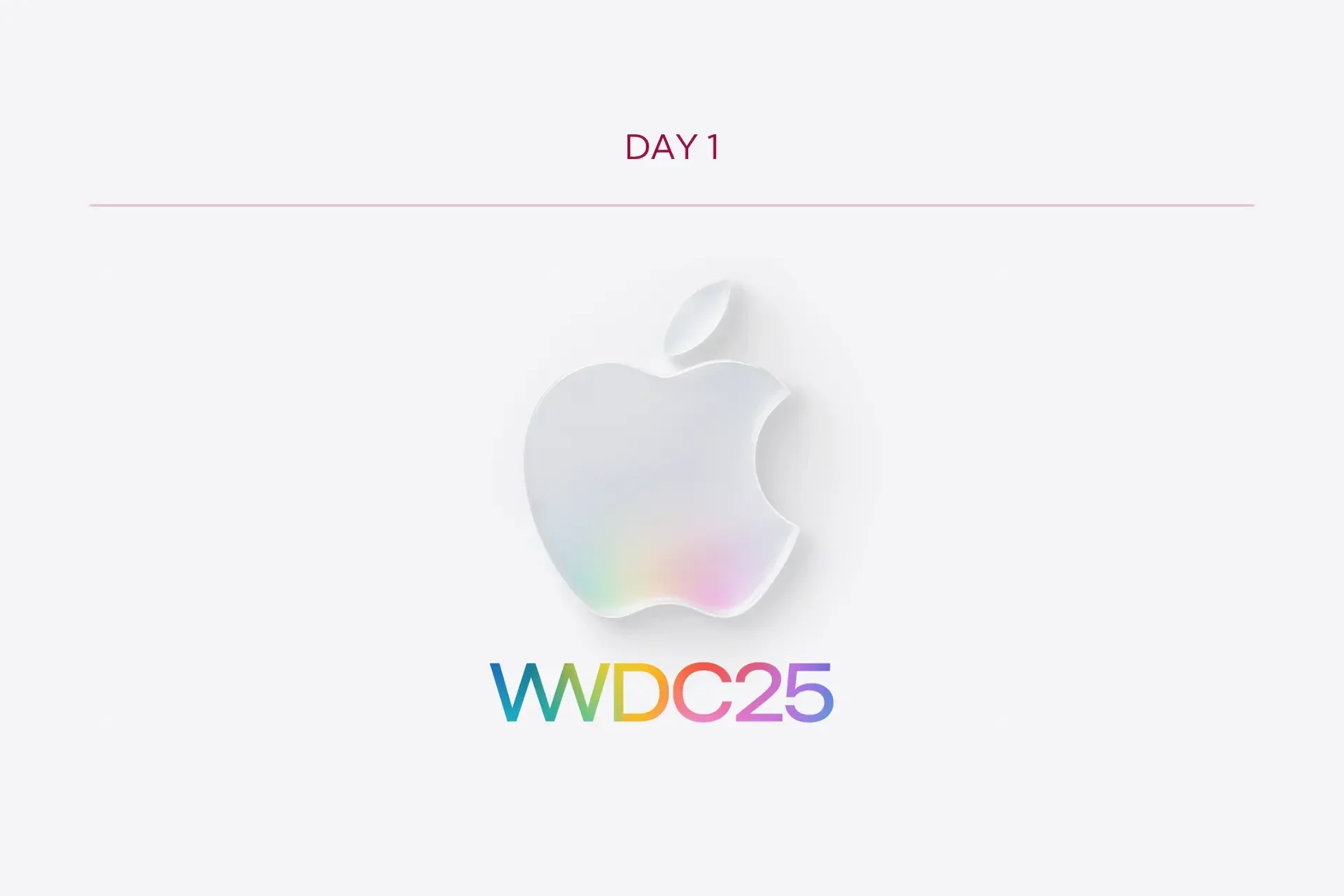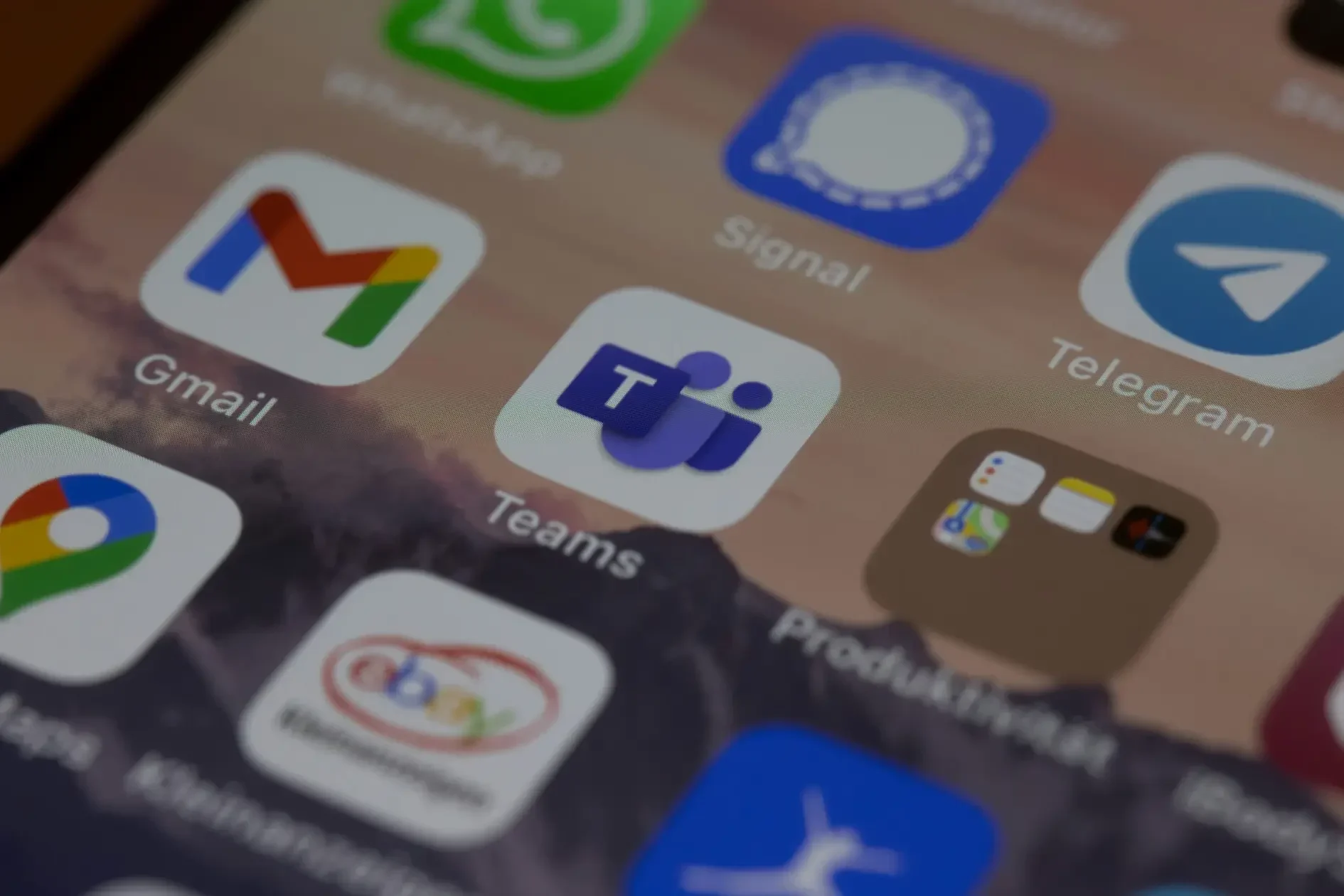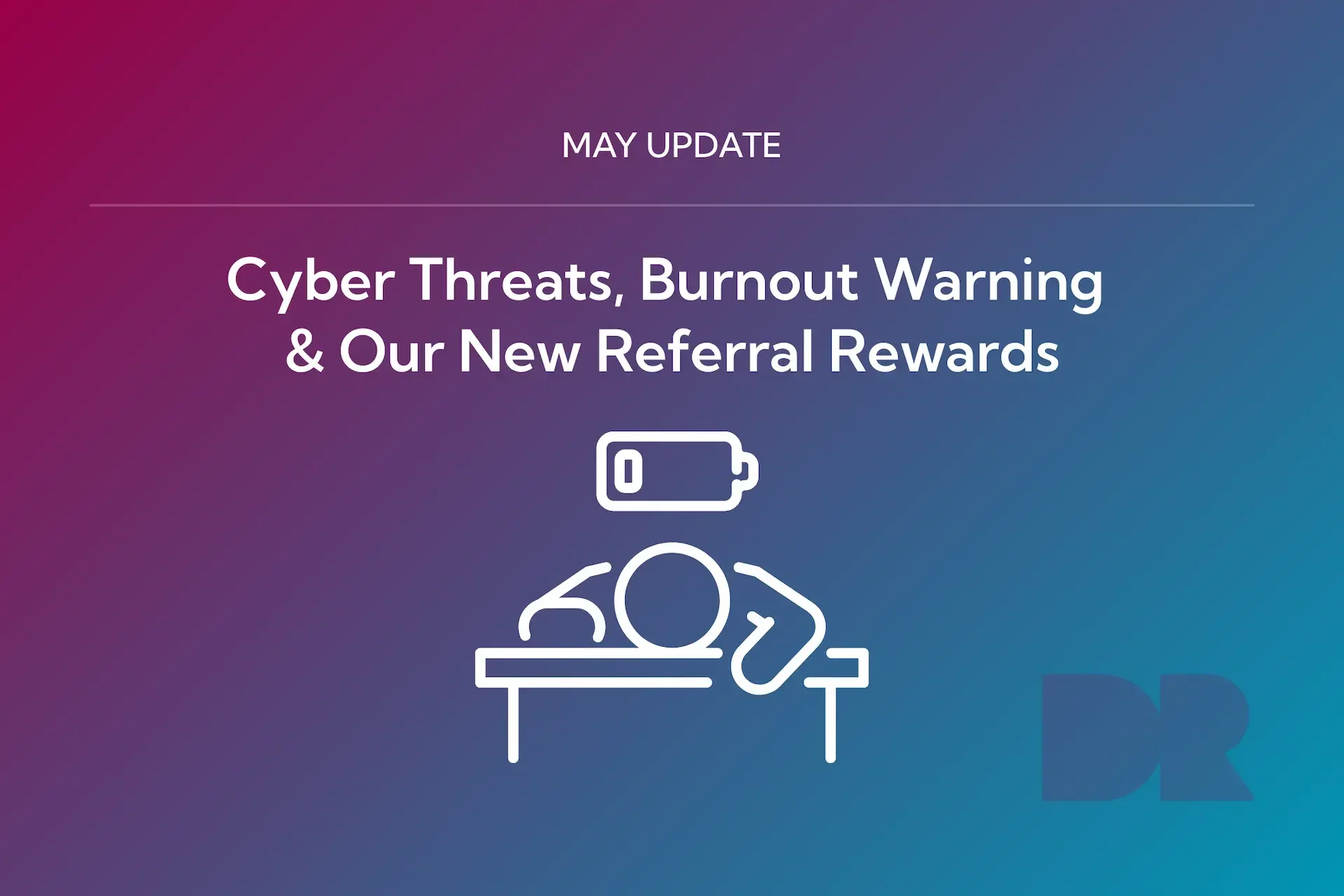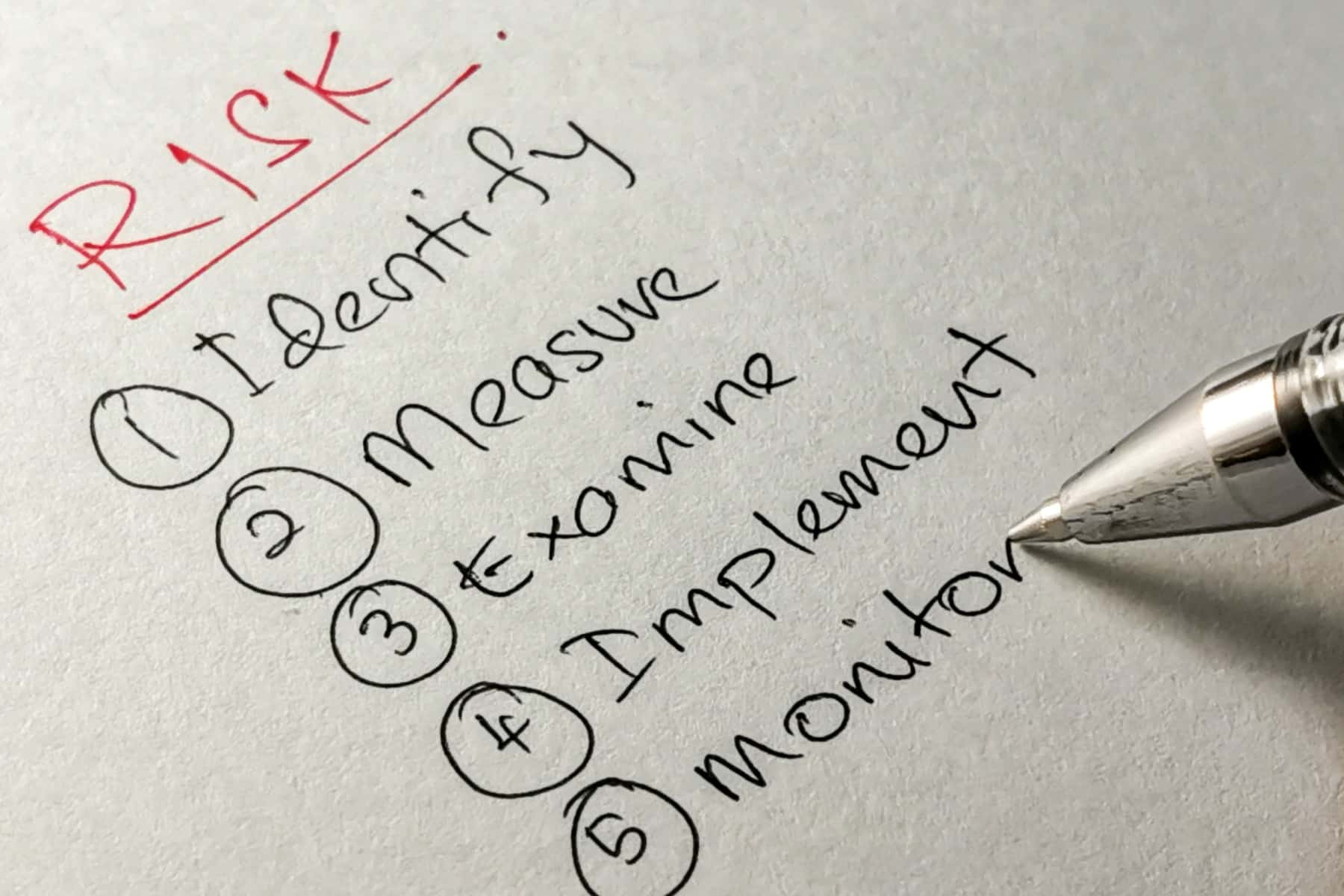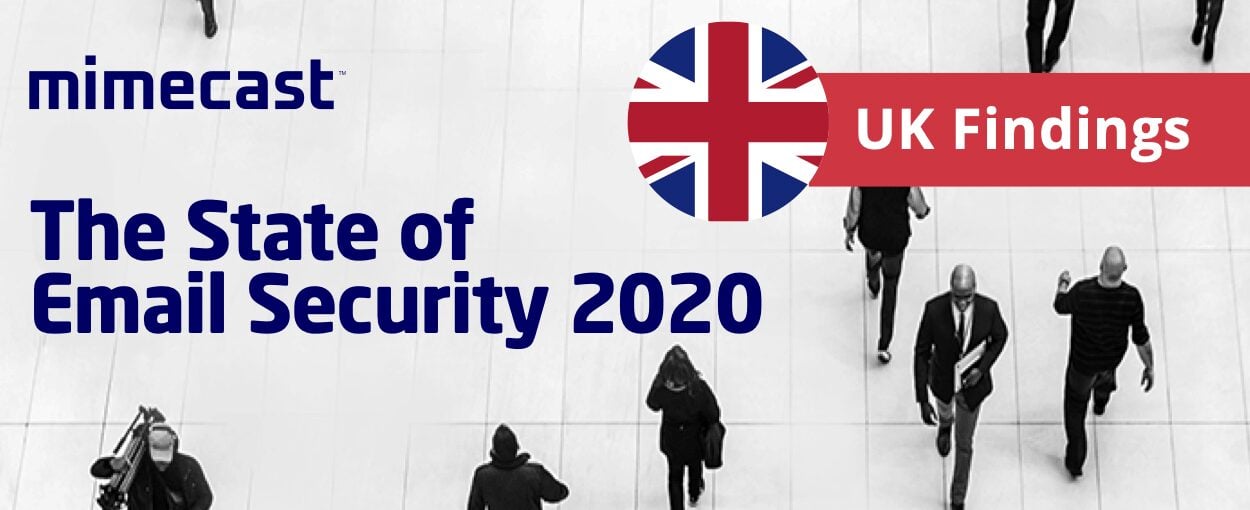Apple hasn’t officially announced an end-of-life (EOL) date for macOS 13 Ventura, but history tells us it’s coming soon. Apple typically supports only the three most recent macOS versions, which means that by late 2025, likely in November 2025, Ventura will stop receiving critical security updates.
For businesses running Macs, this is more than just a software update; it’s a security and compliance issue. Delaying your upgrade can expose your business to cybersecurity vulnerabilities, app incompatibility, and potential regulatory breaches.
How Long Does Apple Support macOS Versions for Businesses?
Historically, Apple supports three macOS versions with active security updates. With macOS 15 Sequoia launching in autumn 2025, Ventura becomes the oldest supported OS. When macOS 16 arrives, Ventura will almost certainly fall off Apple’s support list.
That means that by the end of 2025, your Ventura devices could:
- Stop receiving security patches
- Fail cyber insurance or compliance checks
- Experience compatibility issues with modern apps and business platforms
- Lose access to advanced MDM (Mobile Device Management) and IT support tools
For Mac-based businesses or those running hybrid Mac and Windows IT environments, planning your macOS upgrade is essential to avoid costly downtime or security incidents.
Why Is Running macOS Ventura a Business Risk After 2025?
Sticking with an outdated macOS puts your business at risk:
- Cybersecurity Vulnerabilities – No patches mean an easy target for attackers.
- Compliance Failures – Unsupported OS versions may invalidate insurance or GDPR compliance.
- Reduced Productivity – Legacy systems struggle with current apps and integrations.
- IT Management Challenges – Older devices can’t always be fully managed with modern IT tools.
By planning your Ventura upgrade now, you’ll protect your business continuity and keep your IT environment future-proof.
How Does Windows 10 End-of-Life Impact Businesses in 2025?
It’s not just Macs facing the clock. Windows 10 reaches its official end-of-support date on 14 October 2025. After that, Microsoft will stop delivering security updates, unless you pay for costly extended support.
A recent survey shows that 65% of businesses haven’t started planning their Windows upgrades, leaving a huge security and compliance gap.
If your business runs hybrid IT with both Macs and Windows PCs, this convergence of deadlines is critical. Failing to act now could create dual security vulnerabilities across your network by the end of 2025.
What Should Your Business Do Now?
- Audit Your IT Environment – Identify all devices still running macOS Ventura or Windows 10.
- Plan Your Upgrade Path – Schedule migrations to macOS Sequoia or later, and Windows 11.
- Leverage Expert IT Support – Partner with a specialist in Apple business IT support and hybrid IT environments to ensure a smooth transition.
At Dr Logic, we help London-based businesses secure, modernise, and optimise their Apple and Windows systems, before support ends.
Don’t wait until it’s too late to upgrade.
If your Macs are still running macOS Ventura, or your business has a mix of Macs and Windows 10 PCs, now’s the time to plan your transition. Dr Logic can help you upgrade smoothly, stay compliant, and protect your business from unnecessary risks.
Summary: Why Start Planning for End-of-Life for macOS Ventura
macOS 13 Ventura is expected to reach end-of-life (EOL) by late 2025, as Apple typically supports only the three most recent macOS versions. After EOL, Ventura devices will no longer receive security updates, leaving your business vulnerable to cyber threats, compliance issues, and software incompatibility. Businesses running Macs, especially in hybrid Mac and Windows environments, should plan upgrades now to stay secure and compliant.
FAQs
Why is running macOS Ventura after support ends risky for businesses?
Unsupported Macs are exposed to cyber security vulnerabilities, compliance failures, and software compatibility issues.
How can businesses prepare for macOS Ventura end-of-life?
Start planning macOS upgrades, review IT security policies, and ensure your Macs integrate with MDM and IT management tools.
Do hybrid Mac and Windows environments need a different EOL strategy?
Yes, businesses running both Macs and Windows PCs face dual EOLS deadlines, with Windows 10 support ending in October 2025.
Can outdated macOS versions affect cyber insurance or compliance?
Yes, insurers and regulators often require up-to-date, supported operating systems to meet security and compliance standards.



